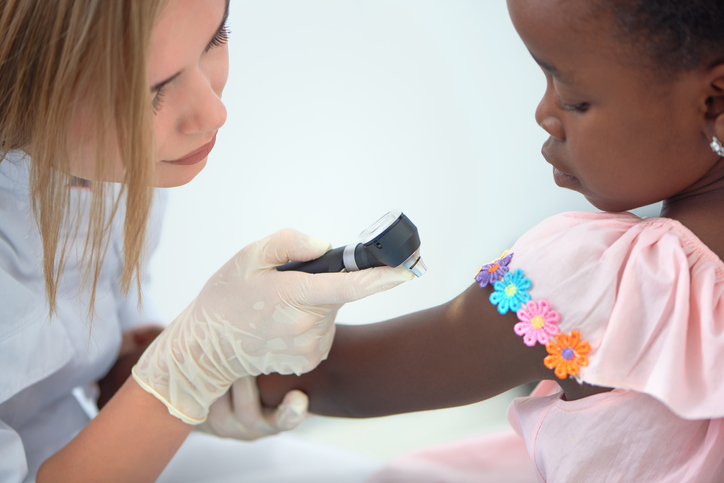Treating precancerous skin lesions with topical targeted therapies may significantly reduce their size and inhibit the growth of cutaneous squamous cell carcinoma, the second most common form of cancer, suggests a new study from the Perelman School of Medicine. Notably, the two treatments—small-molecule kinase inhibitors known as dasatinib and BEZ-235—were associated with fewer side effects compared to 5-fluorouracil, the first-line topical agent that destroys precancerous and cancer cells, but is known to have adverse side effects. Researchers published the results in the Journal of Experimental Dermatology.
“The findings represent a promising and much-needed alternative to today’s topical therapies, one that directly targets the biological mechanisms driving the tumor’s growth,” says John T. Seykora, an associate professor of Dermatology and senior author of the study. “With the number of cases of cutaneous squamous cell carcinoma steadily rising, it’s important we work to identify safer, more precise therapies to treat these cancers before they progress and spread. We believe these kinase inhibitors are potential candidates that warrant further study.”
Lesions known as actinic keratoses and squamous cell carcinoma in situ are known precursors to cutaneous squamous cell carcinoma. Every year, 700,000 new ones are reported to dermatologists in the United States, which incur treatment costs of about $1.6 billion. Today, many of the topical drugs used to treat them include 5-fluorouracil, imiquimod, diclofenac, and ingenol mebutate, but these agents have limitations. Some cause inflammation, have suboptimal results, or are very costly.
Read more at Penn Medicine News.








